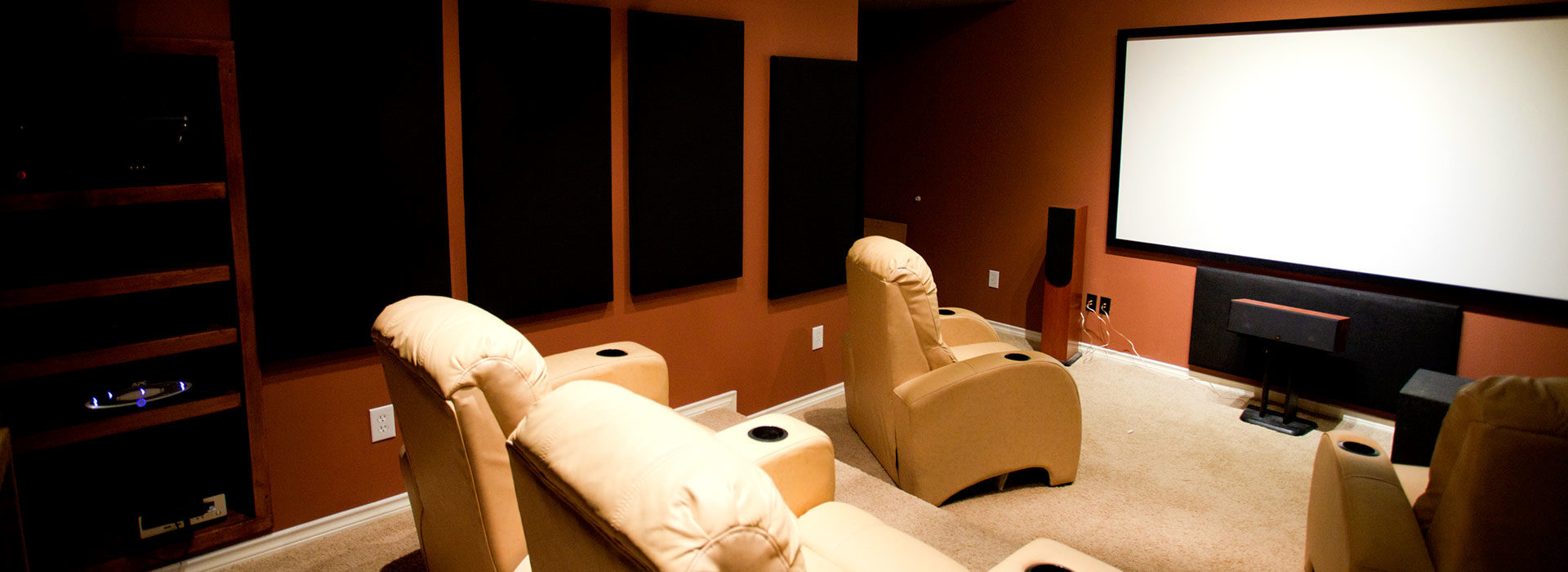The Importance of Personal Property Insurance
Your personal property in Florida may amount to greater value than you think. Jewelry, entertainment and sound systems, and home computers alone may amount to thousands of dollars in value. Personal property insurance protects these items against the risk of damage or loss. Consider the possibility of losing everything that you own: if you can afford to replace everything, then property insurance may not be necessary for you. But, if you wouldn’t be able to pay for replacements, property insurance is likely an important type of coverage for you.
Homeowner’s Insurance Personal Property Coverage
 While your Florida home (including land and buildings) is covered under a standard homeowner’s insurance policy, so is personal property. The contents of your home (such as furniture, clothing, stereo equipment, and outdoor items) makes up your personal property under homeowner’s insurance. A percentage of the dwelling coverage detailed in your homeowner’s policy is typically set as the limit for personal property coverage.
While your Florida home (including land and buildings) is covered under a standard homeowner’s insurance policy, so is personal property. The contents of your home (such as furniture, clothing, stereo equipment, and outdoor items) makes up your personal property under homeowner’s insurance. A percentage of the dwelling coverage detailed in your homeowner’s policy is typically set as the limit for personal property coverage.
For owners of condominiums or cooperative units in South Florida and beyond, personal property and any part of the unit owned under the condo or cooperative documents is covered under homeowner’s insurance. You’ll choose the amount of coverage that you need for the building based on your responsibilities detailed in the codo or cooperative documents. Don’t estimate these percentages; learn the exact amount and get it in writing when possible. Then, keep it for future reference.
Limits of Homeowner’s Policies in Florida
Specific dollar limits apply to individual categories of homeowner’s insurance policies and can be found in the “Special Limits of Liability” section. For certain categories, a limit will be specified for theft but no for damage or destruction. This is because certain items (namely jewelry, furs, and firearms) are more likely to be stolen. So, insurance companies limit their responsibility in this type of theft, which may occur more frequently than damage or destruction. Since damage and destruction are less likely, you’ll typically be covered up to actual cash value.
Examples of standard limits for personal property insurance categories include:
- Money, bank notes, bullion, gold, silver, coins, and metals: $200
- Securities, accounts, deeds, letters of credit, notes (excluding bank notes), manuscripts, personal records, passports, tickets, and some similar items: $1,000
- Theft of jewelry, precious and semi-precious stones, furs, and watches: $1,000
- Theft of firearms: $2,000
- Theft of silverware, silver-plated ware, goldware, gold-plated ware, and pewterware: $2,500
- Residence property for business use: $2,500
- Non-residence property for business use: $250
Note that these are just examples and the limits in your policy may differ.
Extra Coverage
It’s common that the value of personal possessions is higher than the limits specified in a homeowner’s insurance policy. In this case, you can purchase a Scheduled Personal Property endorsement or floater to increase your coverage beyond the limit. Perhaps you need a higher jewelry limit to cover wedding and engagement rings, or a higher silverware limit for a collection of family heirlooms. The price and condition of your property must be verified to purchase a personal property rider. You can do this by creating an inventory with photos or a video. But, make sure to store the inventory away from the insured premises, perhaps in a safety deposit box. For items like jewelry, antiques, or camera equipment, you may need a professional appraisal to prove the worth of your belongings.
Property Coverage for Renters
It’s a misconception that renters are protected under their landlord’s homeowner’s insurance policy. The building is covered under the landlord’s policy, but tenants’ possessions aren’t. Since renters live quite close to other people and families, they may be at a heightened risk for loss of personal property. A renter’s insurance policy can provide coverage for your belongings from loss or damage from events listed in the policy, such as broken pipes, fire, and theft. Plus, renter’s insurance (HO4) is affordable.
Additionally, renter’s insurance provides coverage for potential liability claims filed against you. These claims may or may not be for something you did. For instance, you could be held liable for damage to the building resulting from a fire that occurred because you forgot to turn the oven off. Liability protection from your renter’s insurance may protect you in this instance.
Protection for Possessions Away From Home
If your possessions are away from your home, property insurance may still protect them. For instance, the loss of a valuable belonging while you’re on vacation may be covered under property insurance. This is the case if the loss is protected under covered perils or events, because the location isn’t considered when providing coverage. Covered perils and events will be detailed in your property insurance policy.
Property Coverage to Fit Your Needs
The best way to select the right amount of property coverage for you is to create an inventory of the contents of your Florida home. Key belongings include appliances, furniture, jewelry, artwork, clothing, shoes, silverware, dishware, and children’s toys. For a complete inventory, record the serial number, date, and cost for each belonging, where possible. Also, organize and include receipts if you have them. Photographing or taking videos of your possessions is a convenient way to inventory your belongings. To create a video for an item, verbally specify the characteristics of the item, when it was purchased, and how much it cost. Remember to add new major purchases to your inventory. After a major purchase, contact your insurance agent to see if you need to increase your coverage.
After all of your items have been inventoried, you can calculate the cost to replace all of the items in your home to determine the amount of property insurance that you need. Your property inventory should be kept away from your home. Potential locations are a safety deposit box or a relative’s home. In the event that your home is destroyed, your inventory list will still be intact and you’ll be able to file an insurance claim.
Determining Value
Two methods are available to Florida insurance companies for calculating property value:
- Replacement Cost: This covers the cost to replace damaged property up to a maximum dollar amount. Replacement cost doesn’t include a deduction for depreciation.
- Actual Cash Value: This covers the cost to replace damaged property with a depreciation deduction applied.
Generally speaking, property insurance policies cover actual cash value unless replacement value coverage is explicitly detailed in the policy. If you aren’t sure of your coverage, contact your insurance agent or review your policy.
It’s important to regularly look over your homeowner’s or renter’s insurance policy to make sure that your coverage is in line with new purchases and gifts.

